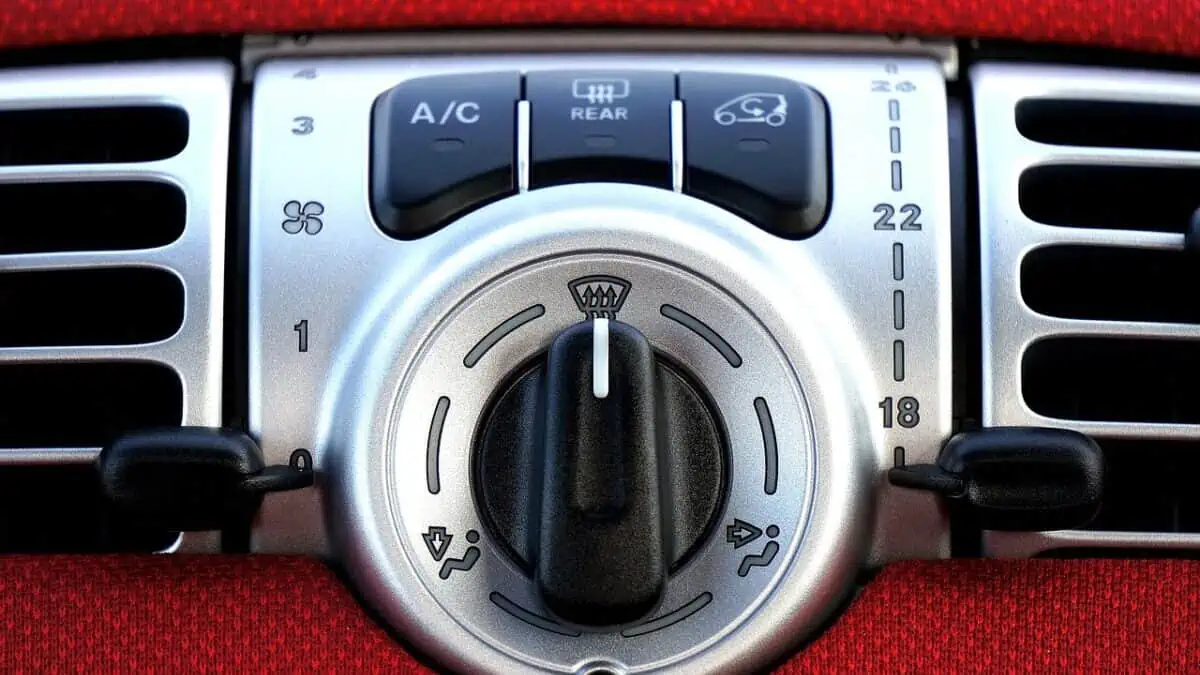The misconception about the use of air conditioning (A/C) affecting an electric vehicle’s driving range continues to persist among existing and potential customers.
To address that, battery software company Recurrent analyzed 7,500 EVs to determine if A/C usage really reduces range.
Analysis highlights
Recurrent’s analysis unveiled that the use of “A/C has much less of a negative impact on EV range than a resistance heater, and range does not really begin to dip until at least 85 degrees.”
The report noted that cooling an electric car during hot weather uses less energy than activating A/C in a petrol-powered vehicle. It is because EVs do not have warm air streaming from an engine like internal combustion engine cars do.
In addition, drivers can conserve their EV batteries’ energy whenever they plug it into a charger while cooling it down. In other words, they can pre-cool their EV when plugged in, which is remarkable because the initial cooldown is apparently the most “energy-intensive” phase of air conditioning.
The A/C units in EVs also start working faster than those in traditional cars.
The analysis used these three facts in determining the following range loss when A/C is in use:
- 2.8% at 80 degrees Fahrenheit (27 degrees Celsius)
- 5% at 90 degrees Fahrenheit (32 degrees Celsius)
- 31% at 100 degrees Fahrenheit (38 degrees Celsius)
Recurrent noted that they based the range loss at 100 degrees on “extremely limited data,” promising to update it when they gain more confidence in the value.
One factor that significantly impedes the wide adoption of electric vehicles is range anxiety. True enough, an EV’s range drops during winter because low temperatures negatively affect the batteries’ performance. This range concern further elevates when owners activate their heating systems to fight the cold weather.
In contrast, Recurrent’s study guaranteed that EVs range only dropped slightly even while the A/C was on during summer.
Notably, the temperature difference between a vehicle’s cabin and outside is generally less in summer than in winter. Drivers may prefer to change the temperature by 20 to 25 degrees, while they may need over 50 degrees adjustment in the winter.
Recurrent’s analysis debunked the common misconception that A/C usage substantially affects an EV’s driving range, alleviating range anxiety among drivers and potential customers.







